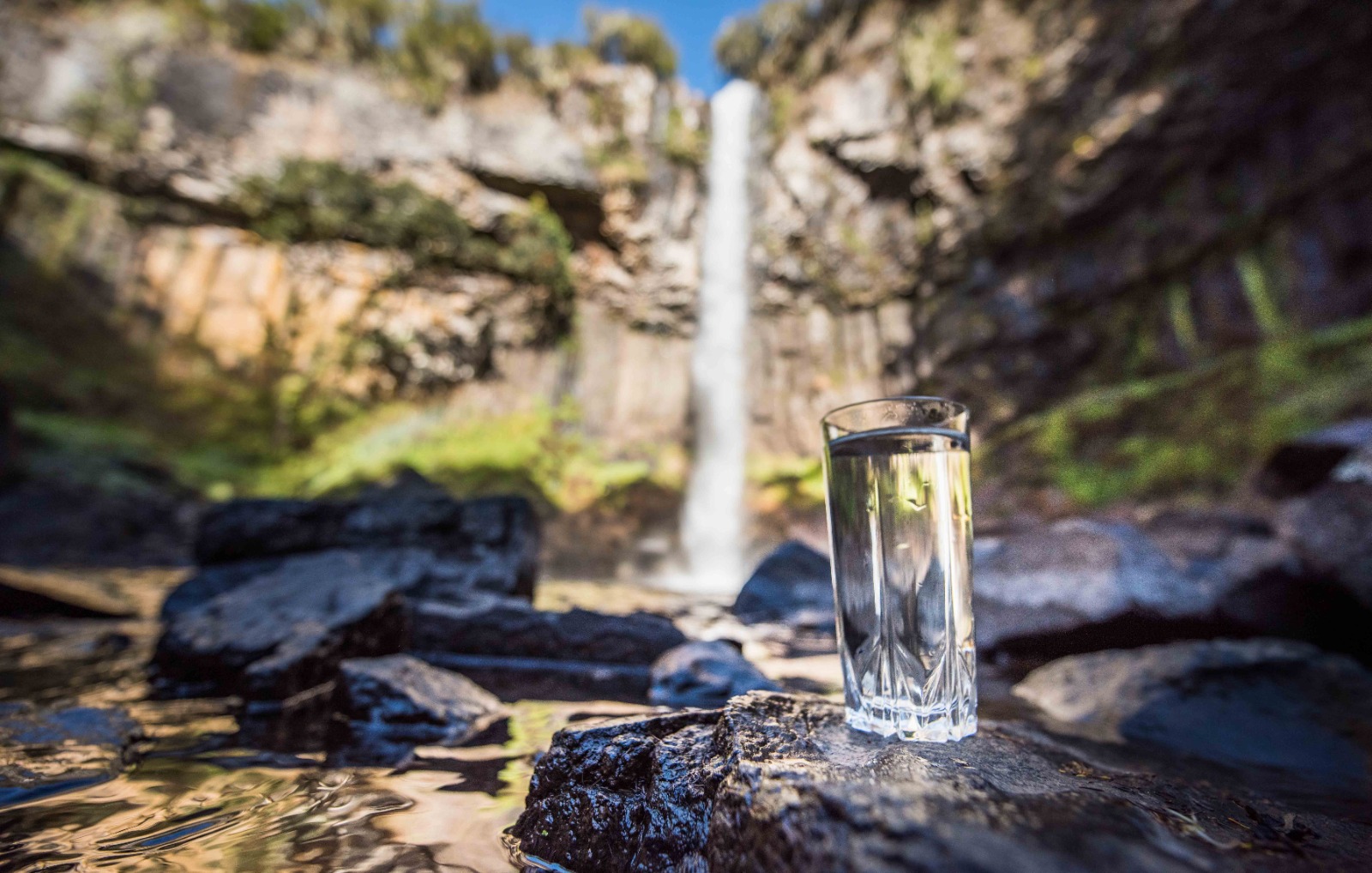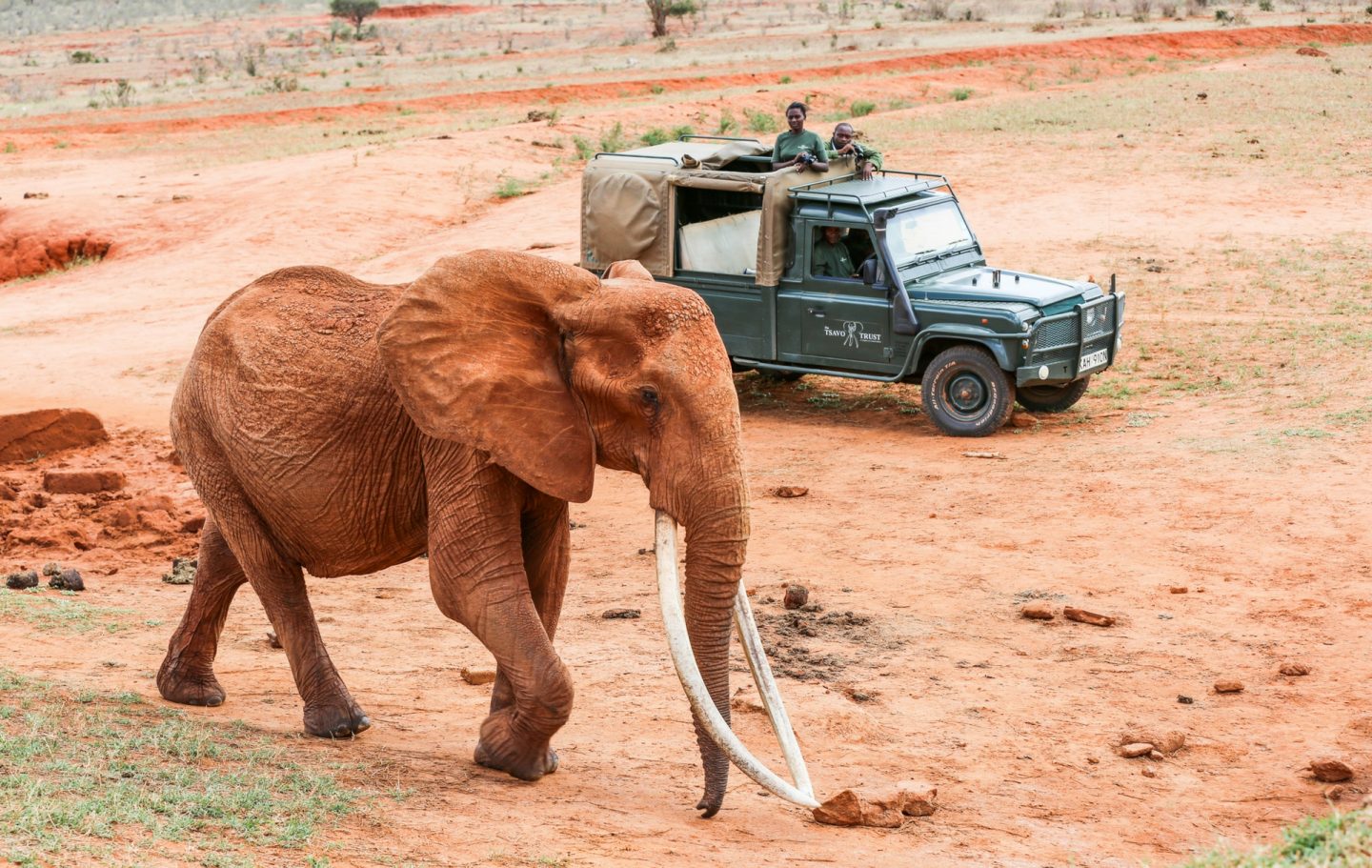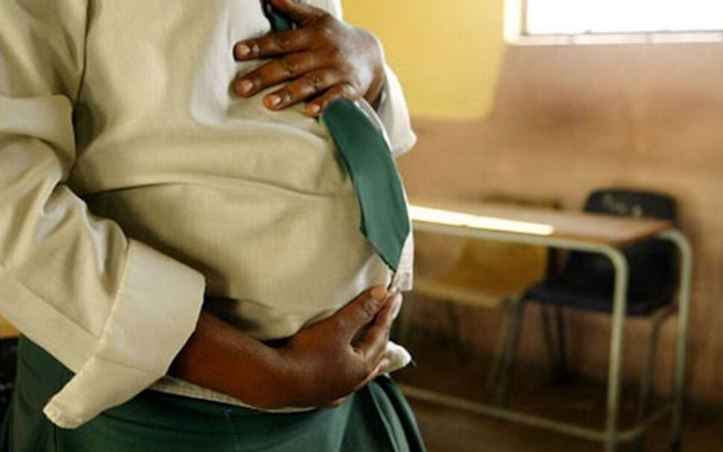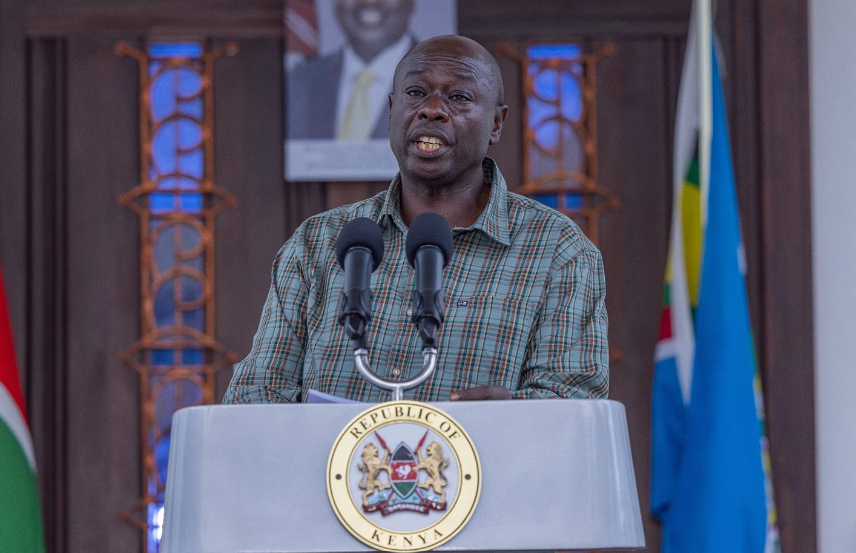By Soni Kanake
Fresh water is necessary for the survival of every living thing on earth. As the world celebrates World Water Day Today (March 22, 2023) there is an urgent need to accelerate change in how we use, consume, and manage water in our lives.
The day is set aside to celebrate water and raise awareness of the over 2 billion people in the world who do not have access to safe water.
The UN World Water Day is observed globally, each year on March 22 with a view to promoting responsible use of water and accessibility to safe water for everyone.
This year's theme is: "Accelerating change to solve the water and sanitation crisis". A promise to have everyone access safely managed water and sanitation by 2030 was made as the world committed to Sustainable Development Goal (SDG) 6 as part of the 2030 Agenda.
Read More
This commitment that was made in 2015 is lagging behind and is off-track as billions of human beings, business entities, healthcare centres, numerous schooling institutions, and factories are being held back because their human rights to water and sanitation are still unfulfilled.
Water is no doubt the core of sustainable development and is critical for human survival as it is used in various ways including; hygiene and sanitation, industry, agriculture, and drinking.
Last week on Friday, March 17, a key stakeholder in the watershed conservation space, The Upper Tana-Nairobi Water Fund Trust (UTNWFT) held a stakeholders' breakfast meeting at the Nairobi Serena Hotel as a precursor to the World Water Day. The Trust is actively involved in the source water conservation efforts in the upper Tana catchment.
UTNWFT works collaboratively with local private and public partners to support farmers to implement sustainable conservation measures on their farms while also promoting practices that improve their livelihoods and increase biological diversity in the watershed.

The upper Tana River, which generates 50 percent of hydropower energy consumed in Kenya is also the source of 95 percent of the water supply to Nairobi. An estimated 300,000 smallholder farmers are living in the watershed and drawing their livelihoods by exploiting their land potential. Engaging citizens in the protection of freshwater resources essentially encourages environmentally responsible behaviour.
The breakfast event saw the Trust recognise and honour outstanding farmers and institutional partners who have and continue to play an instrumental in the conservation of the Upper Tana watershed.
It also witnessed EABL Group Corporate Relations Director Eric Kiniti and Eddy Njoroge, President of UTNWFT seal a deal on accelerating the conservation, protection, and maintenance of the upper Tana watershed.
.jpeg)
In keeping with its mandate, UTNWFT and its stakeholders reiterated to Kenyans the urgency and significance of sustainable watershed conservation as they rally communities and institutions to take individual responsibility in how they use, consume, and manage water.
-1679468856.jpeg)
-1721982952.jpg)

-1720258272.jpg)







